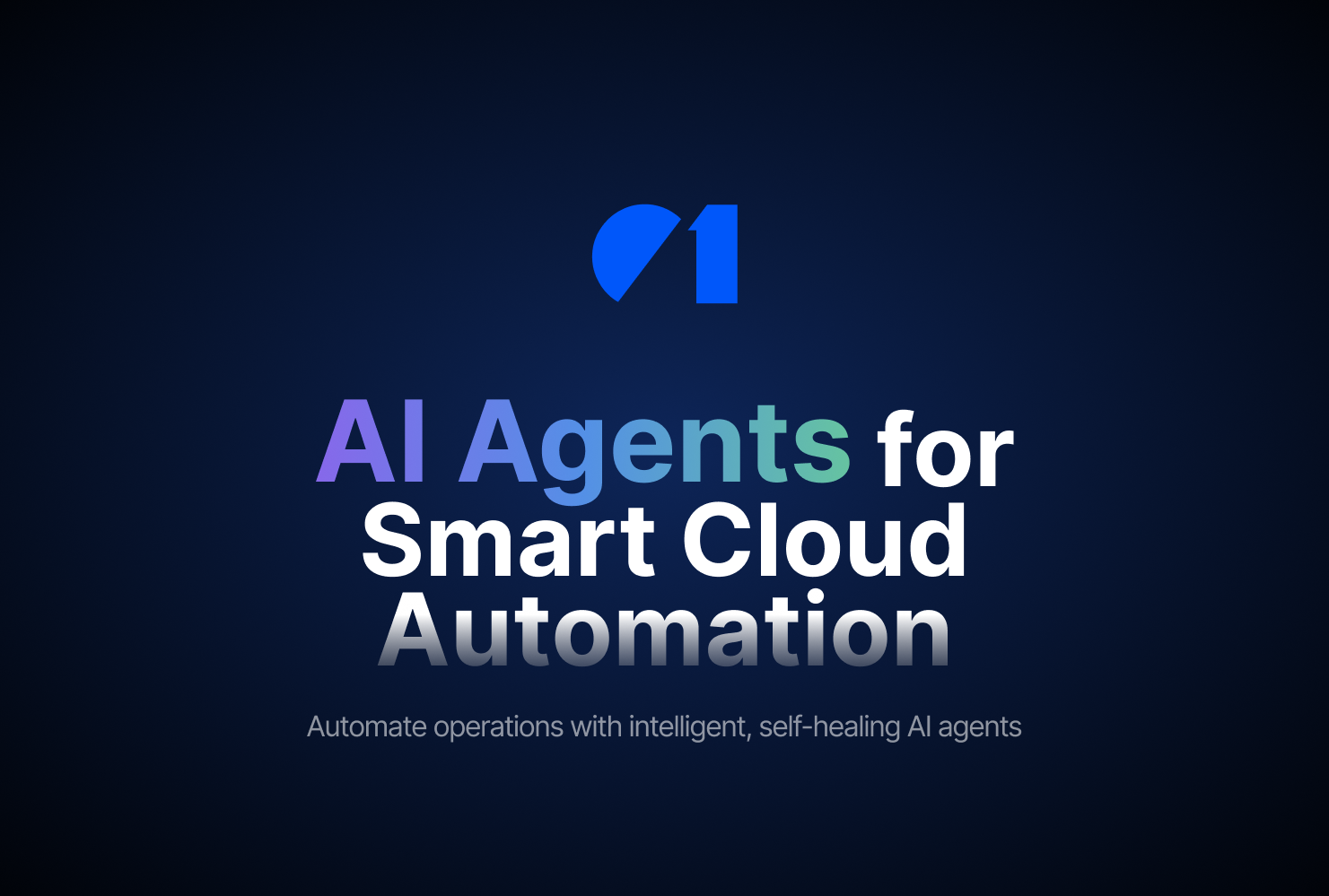Elevate Your Business with the Cloud
Cloud Advancement Services
Unlock new possibilities and drive growth with BerryBytes advanced cloud solutions.

Transform your business operations with our cloud advancement services, designed to optimize efficiency and foster innovation.
Why Choose Us

Expertise in Cloud Technologies
Our team of cloud specialists brings extensive experience in cloud infrastructure and services.

Seamless Migration
We ensure a smooth transition to the cloud with minimal disruption to your operations.

Tailored Solutions
We customize our cloud strategies to meet your specific business needs and goals.
What We Offer
Comprehensive cloud advancement services to drive your digital transformation.
Cloud Optimization
Optimize your cloud infrastructure for cost efficiency and performance.


Cloud Migration
Efficiently move your applications and data to the cloud with minimal downtime.
Cloud Management
Manage and monitor your cloud environment to ensure continuous improvement and reliability.

Benefits
Experience unparalleled growth with our cloud advancement solutions.
Enhanced Scalability
Scale your operations effortlessly, supporting business growth by 40%.
Increased Agility
Improve operational agility by 35% with flexible and adaptable cloud solutions.



